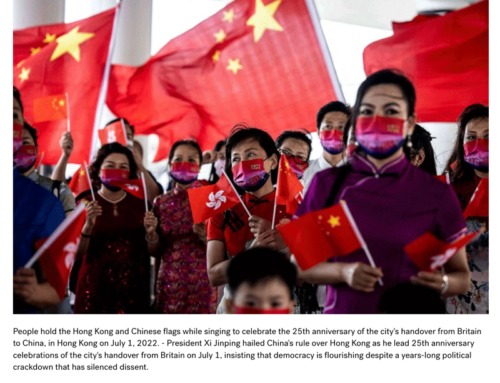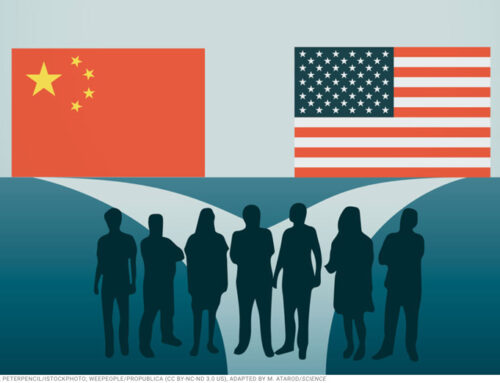A recent lecture at a conference in Sanya, China, at a conference run by CCG, was published by the Financial Times, David Zweig 6 December 2018
INTRODUCTION: Confucius, in the Analects, argued that if names are not correct and “language is not in accord with the truth of things, affairs cannot be carried out successfully”.
The US-China trade dispute is a case in point. Two misnomers must be corrected if we are to understand what the future is likely to bring. First, this is not a trade war. The fight over trade is merely a skirmish in a larger technology war, which itself is a component of a long struggle between a global hegemon — the US — seeking to maintain its dominance, and an ascending challenger — China — that feels it has a moral right to reclaim its status as a great power.
For years, China has sought to appropriate western technology through various means. Accusations of cyber theft and encroachment of intellectual property rights ring true. Forcing US companies to transfer technology to their Chinese partners as they enter the Chinese market harms Americans when their erstwhile partners go global. The Thousand Talents Plan, set up 10 years ago to reverse China’s brain drain, became problematic when some Chinese professors in the US were rewarded by the Communist Party for setting up labs in the mainland based on the knowledge they had acquired abroad.
Article Link:
FT.com





Leave A Comment